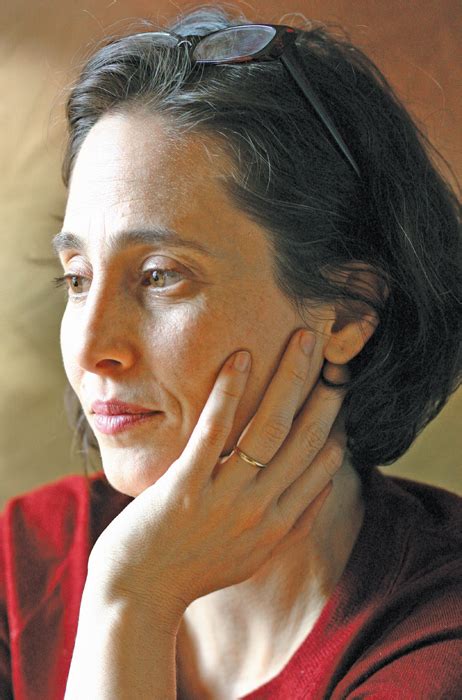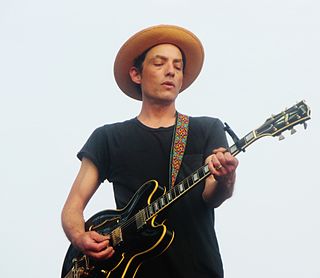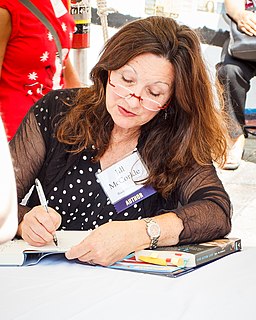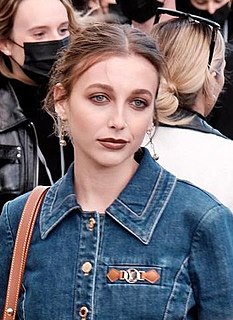A Quote by Rachel Zucker
When I edit the poems - and I do edit, which some people don't mean when they use the term "stream of consciousness" - I'm usually editing toward greater accuracy, which sometimes means more fragmentation, because that is the way I think.
Related Quotes
Performance is made in the editing room, and I've come to see the truth in that - the idea that they say performances are usually made in the editing room because what you film is the raw material. I think just going through the process of saying, "Which take do we use? Why is that the take we want? I want that take can you edit again, I'm not sure that's the one, I think it's this one." And just because you go through that process, I think somehow it's made me sort of more open about the [actor's] possibilities.
[ Digital revolution ] only has allowed me to work faster, editing digitally, which I'm doing right now, a film on volcanoes. I can edit almost as fast as I'm thinking, editing with celluloid means always searching for this little reel of film, and number it, and scribble on it with some sort of pens, and gluing it together, and working on a flatbed. It's much, much slower.
There's another way to edit the sentence, which is to add a comma before the second 'which.' The survivor is struggling toward 'some resolution,' not a specific resolution that the mind may never find. The final clause is an appended thought, not a conclusion of the previous clause: 'Death ends a life, but it does not end a relationship, which struggles on in the survivor's mind toward some resolution, which it may never find.'
The Coen brothers: Of all the directors I've worked with, they're the only ones who have given me the storyboards attached to the script. It was very cool for me, because I knew when I was in close-up or if it was far away, and it also made me know that anything that happened in the edit wasn't personal. Because they edit their own movies, so they were editing it as they went.
In TV, you are much more likely to see the episode closer to the script as written - in terms of the order of the scenes - than you would in a movie, and here's why: you don't have as many days to edit. You have 10 to 12 weeks or more to edit a feature, and you have four days to edit TV. That's a huge difference.







































